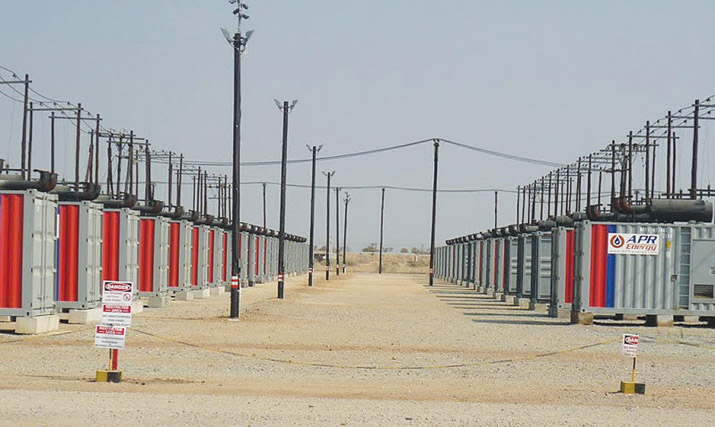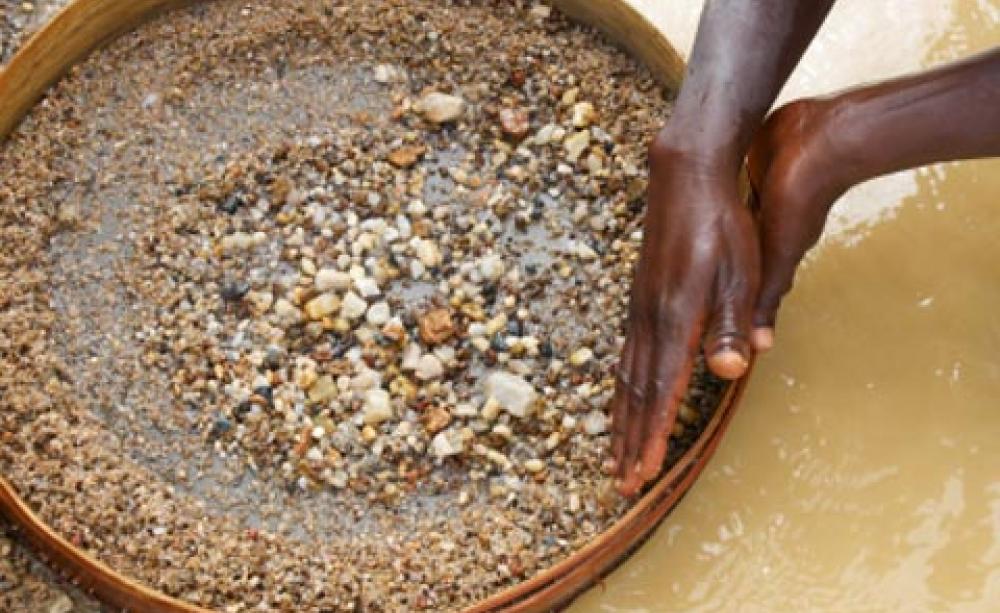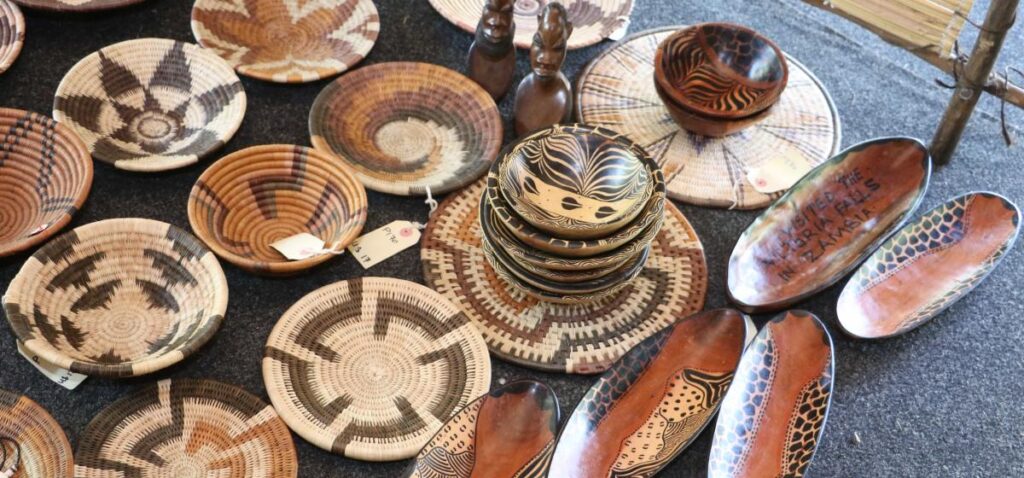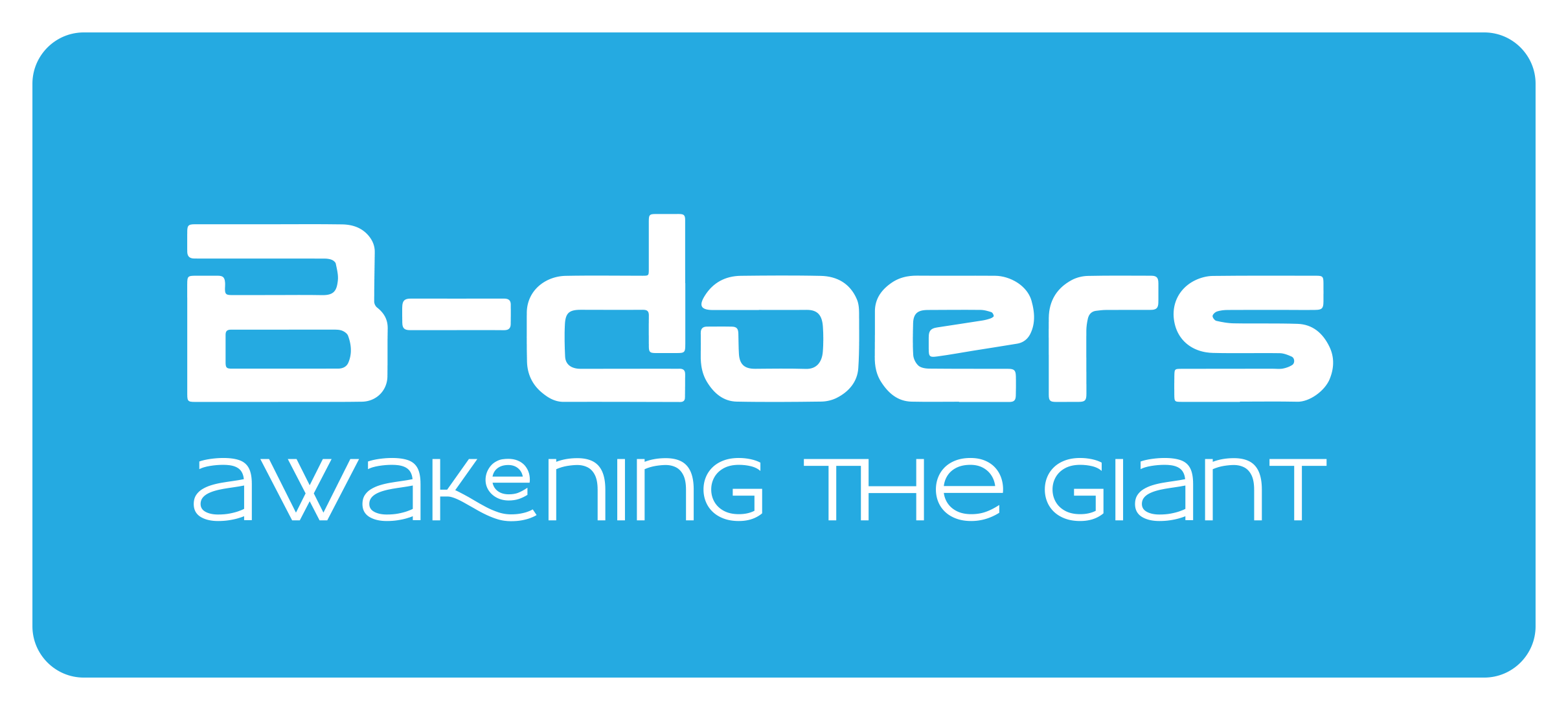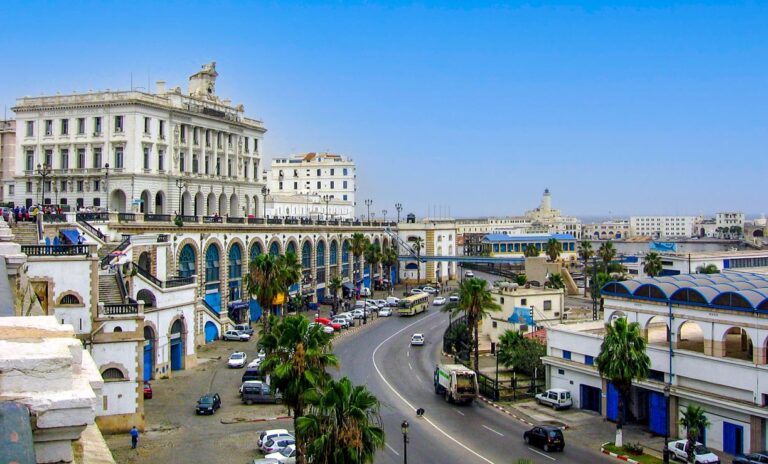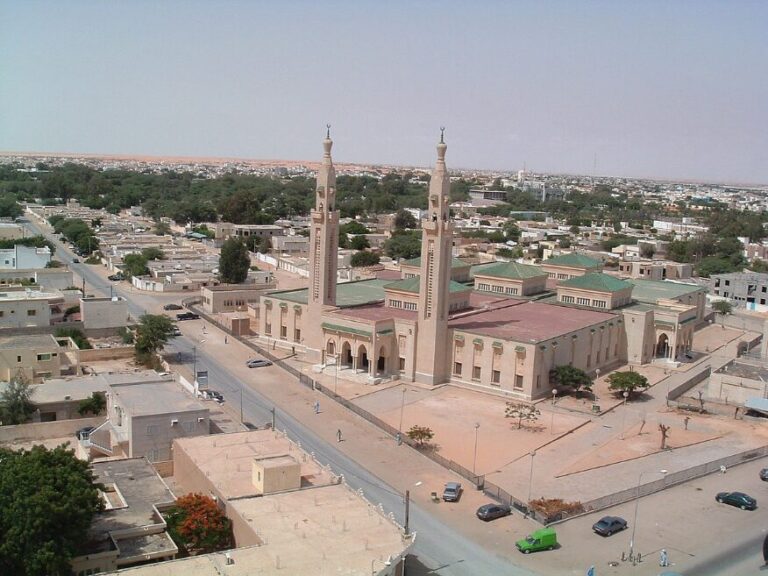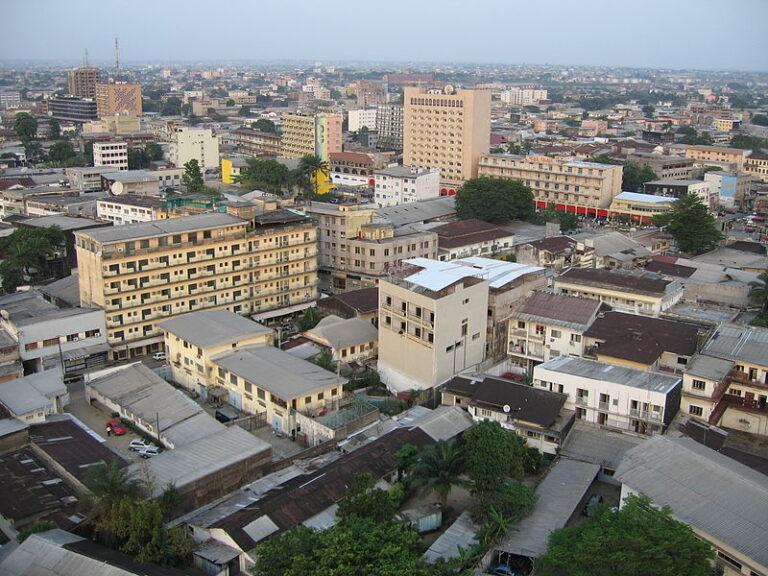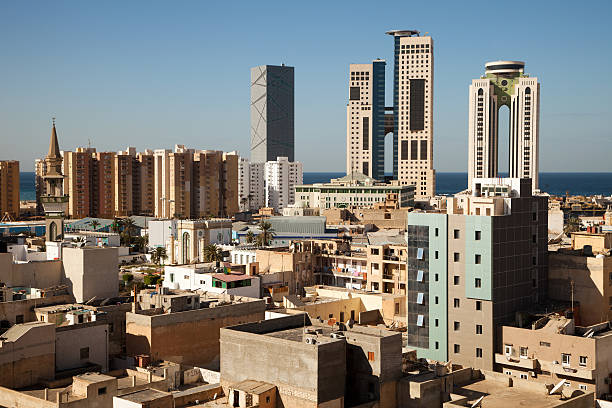The officially the Republic of Botswana is a landlocked country in Southern Africa whose capital is Gaborone. Botswana is topographically flat, with up to 70 percent of its territory being the Kalahari Desert. It is bordered by South Africa to the south and southeast, Namibia to the west and north, and Zimbabwe to the northeast. It is connected to Zambia across the short Zambezi River border by the Kazungula Bridge. The current population of 2,493,065 as of Tuesday, June 27, 2023, based on Worldometer elaboration of the latest United Nations data.
The head of government of Botswana, as well as the commander-in-chief of the armed forces, according to the Constitution of Botswana is Mokgweetsi Masisi since 1997.
More than half of Botswana’s population lives in rural areas and is dependent on subsistence crop and livestock farming. Agriculture meets only a small portion of food needs.
It has a mixed economic system, which includes a variety of private freedom, combined with centralized economic planning and government regulation. Botswana is a member of the Southern African Development Community (SADC).
Botswana’s economy is mostly dependent on diamond mining that contributes to 50% of the government revenue.
Botswana also produces soda ash through Botash, a joint venture between the government and South Africa’s Chlor-Alkali Holdings (CAH) Group. Botash has been operating in the Sua Pan in northeastern Botswana since April 1991. Production of soda ash is estimated at around 420,000 per annum and is exported to South Africa, Zambia, Zimbabwe, Malawi and the Democratic Republic of the Congo.
Botswana’s economic freedom score is 64.8%, making its economy the 61st freest in the 2022 Index. Botswana is ranked 3rd among 47 countries in the Sub-Saharan Africa region, and its overall score is above the regional and world averages.
Children under the age of 15 constitute 30 % of the population of Botswana and the median age of the entire population is 25 years and they major problem is VIH and unemployment.
The Country Strategy Paper (CSP) for the Republic of Botswana sets out how the African Development Bank intends to support the implementation of Botswana’s development program over the period 2022-2026.
Botswana’s transformative strategy, Vision 2036, was launched by the President, Lt. General Dr. Seretse Khama Ian Khama at the country’s 50th Independence Anniversary on 30 September 2016. Is a framework for “Achieving Prosperity for All,” Vision 2036 will spur Botswana towards high income status by 2036. It is set on the principles and pillars of sustainable development, enabling Botswana to build resilience as it pursues its development agenda.
With the support of the International Monetary Fund and the World Bank, Rwanda has made important economic and structural reforms and sustained its economic growth rates over the last decade.
Rwanda has guarded its political stability since the 1994 genocide against the Tutsi. Parliamentary elections in September 2018 saw women fill 61% of seats, the Rwandan Patriotic Front maintain an absolute majority and, for the first time, opposition parties, the Democratic Green Party of Rwanda and Social Party Imberakuri won two seats each. President Paul Kagame was re-elected to a seven-year term in August 2017, following an amendment to the constitution allowing a third term.
Business opportunities in Botswana
The sectors which have shown potential for investment in Botswana include the following: Mining industry, Manufacturing industry, Power/Energy industry, Education industry, Arts’ industry, Agricultural industry, Transport industry, Financial and business services industry, Health industry, ICT Industry.
